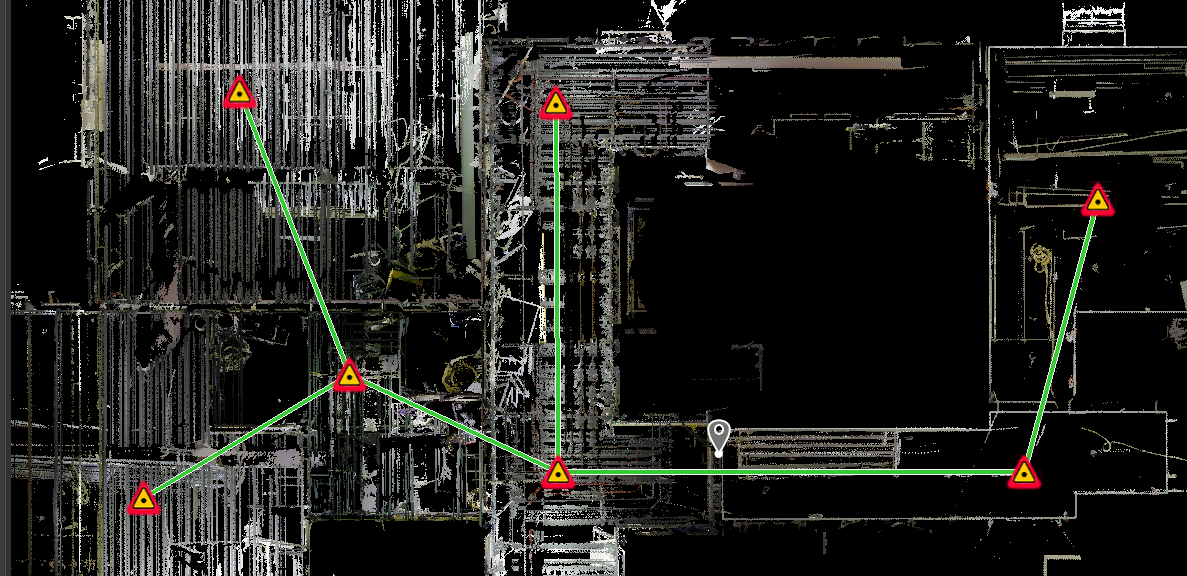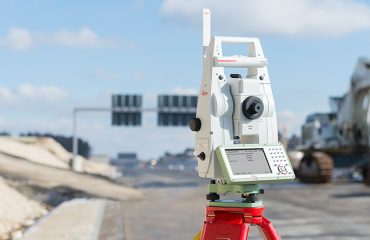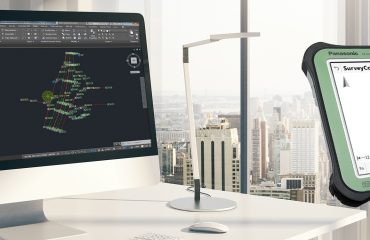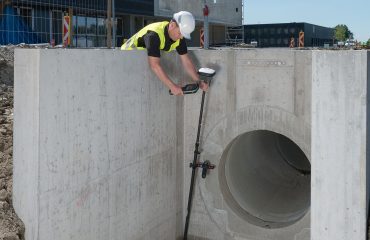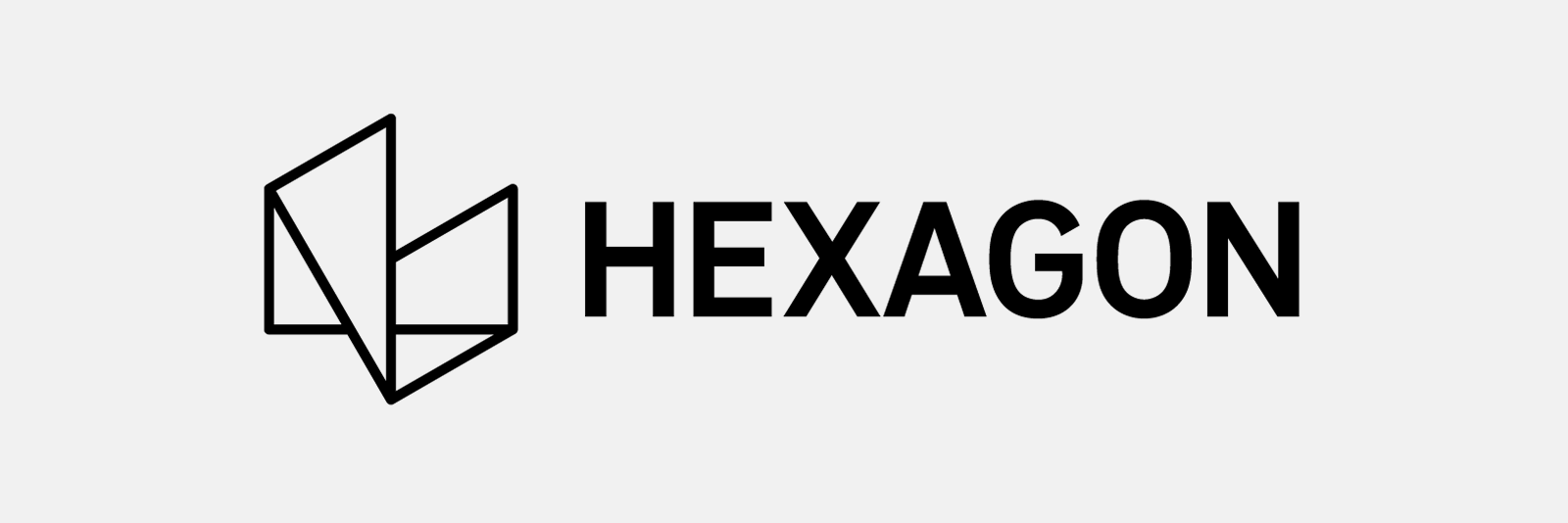Chris Kercheval details how The Committee is pioneering efforts to ensure that professionals are equipped with the knowledge and skills needed to thrive in this dynamic field.
In the rapidly evolving world of reality capture, technology advancements are opening new frontiers. But without a solid foundation of reality capture understanding, the industry risks missing its potential.
Enter The Committee, a technology-agnostic group of individuals from various disciplines within the reality capture industry that is advocating for the change needed to ensure growth. The Committee aims to provide a foundational knowledge base for students and those new to reality capture, helping them understand and utilize the technology effectively. Through initiatives such as standardized certification and educational materials, The Committee aims to ensure that new professionals entering the field have the necessary skills and knowledge to succeed, as well as to facilitate a more informed and competent workforce in reality capture technology.
“We want to get in front of the next generation of laser scanner operators and try to help them all be on the same level so that when they get that first job, they can literally hit the ground running,” explained Chris Kercheval, a founding member of The Committee, in a recent Tech Insider interview.
The Need for Change in Reality Capture
Over the past several years, Cornerstone reports from the U.S. Institute of Building Documentation have highlighted that professionals in the field prioritized accuracy above all else. However, in recent years, there’s been a shift toward speed. The newer generation, who are very tech-savvy, often prefer simplified, app-based solutions that require just the push of a button. The latest hardware is tailored for users who prioritize speed, making it easier to collect data quickly.
“The problem is that the understanding of what’s actually happening has been lost,” says Kercheval. “To have growth in the industry, we can’t have a bunch of users who don’t have the foundational knowledge and don’t know what the machine is doing.”
The Impact of AI and Automation
With the integration of AI and increasing automation in reality capture, the landscape is shifting rapidly. While these technologies offer promising advancements, they also present challenges. Kercheval expresses a cautious approach to AI, noting, “AI is unproven, and it seems to take the educated user out of the equation.”
The human element, particularly the ability to interpret and apply data creatively, remains indispensable. As equipment becomes more automated, the role of education in ensuring users can effectively manage and leverage these tools is vital.

Kercheval
“The biggest change that I see as needing to happen is the creation of a foundation for everyone to work off of. We want to help the next generation get on the same level so they can literally hit the ground running and get a fair head start into their career.”
The Importance of Standardized Certification
Standardized certification processes are essential to cultivate a skilled workforce capable of meeting industry demands. The Committee is working to establish a certification program that is both comprehensive and accessible.
Kercheval shares, “We’re currently in talks with a couple of different universities to get our material included… we’re working on getting our content published with NBN so that we can then basically sell that content to colleges and universities.”
This initiative aims to make certification available not only to new entrants but also to existing professionals seeking to validate their skills. “I would say we’re maybe a year out from being able to do that in-person certification, with a target of 2026 at GeoWeek,” Kercheval says.
Embracing Curiosity and Continuous Learning
The future of reality capture offers endless possibilities for innovation and application. However, as the industry evolves, continuous learning and adaptation to technological changes are imperative.
Kercheval highlights the importance of curiosity and creativity in the field, encouraging professionals to “push the technology, continue to ask questions, and just see what’s possible.”
Through the efforts of organizations like The Committee, the industry is poised to equip professionals with the knowledge and skills necessary to navigate and innovate in this exciting field.
To talk to one of our experts and learn more about how to optimize your reality capture potential, please contact us.

